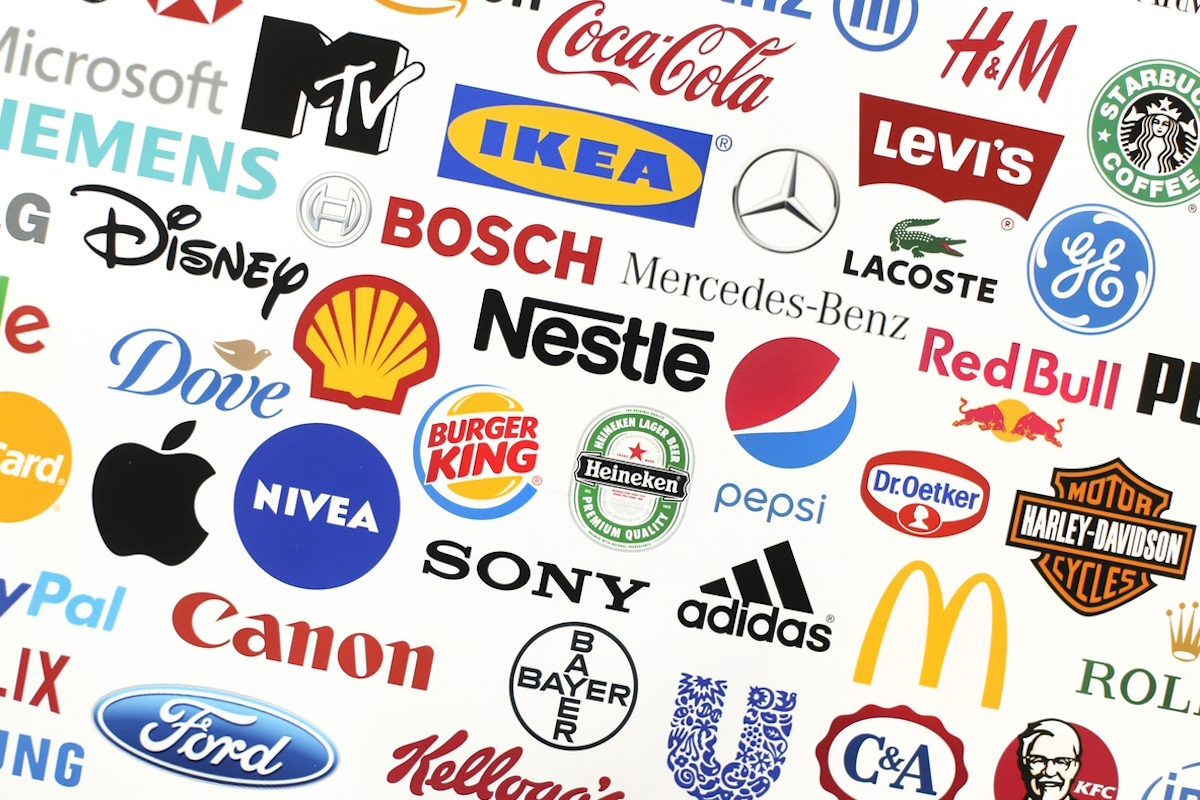Global brands and a focus on brand control

Reputational issues. Inconsistent pricing. Retail market chaos. Torsten Schäfer at Pattern explains what brand control is, why brands need to exercise it, and how they can develop an effective brand control strategy
The explosion of digital retail channels has created many opportunities for brands. They can extend their reach, move into emerging markets and in many instances expedite a truly global strategy for the first time.
Yet at the same time the increase in digital channels, from the huge global platforms through to the local specialised ones, has delivered brand management headaches.
Ensuring that a company’s image, reputation, and commercial strategies are implemented holistically, regardless of where or how its products are sold, has become a major issue for many companies.
Without proactive, legally enforced brand control, market positioning, customer trust, and overall profitability can be undermined.
What is brand control and why is it critical?
So, what then is brand control, what could be the cost of neglecting it and what strategies should brands adopt for regaining control?
My definition of brand control is that it is a discipline through which manufacturers employ a holistic and legally compliant strategy to ensure that their products are sold through authorised sales channels by dedicated channel partners in a manner consistent with their brand’s image, value and overall go to market strategy.
It refers to a company’s ability to manage and influence how its products are marketed, sold, and represented across different sales channels. This encompasses everything from commercial incentives, packaging, and advertising to the overall customer experience.
The rise of digital marketplaces like Amazon and eBay in the last 20 years has meant that maintaining brand consistency has become increasingly difficult. The situation has been further complicated by the proliferation of local marketplaces, such as Alibaba in China and Shopee in southeast Asia, as well as platforms that focus on niches like Vinted, Etsy and Depop.
The cost of overlooking brand control
The growth of the new retail platforms has created a space for unauthorised sellers to list products without adhering to the brand’s standards.
This can reflect negatively on the brand in a number of ways. Brands often invest significant sums of money in developing and then protecting their brand image. A powerful brand identity differentiates a brand from its rivals and can be a major draw for consumers who may identify with a company’s perceived traits and values.
The danger is that third-party sellers can potentially misrepresent a brand, providing poorly written product descriptions or making claims for a product that are inaccurate. They may also deliver customer service that is not aligned with the stringent standards of the original brand.
Another key factor that impacts brand control is the lack of control over product distribution. Rogue sellers or third-party resellers often acquire products through unauthorised channels, leading to pricing inconsistencies and poor representation of the brand. In such cases, it becomes difficult for brands to ensure the quality and authenticity of the products being sold, as these sellers may not adhere to the brand’s standards or warranties.
Brands that fail to control their image and distribution channels also run the risk of losing market share to competitors. When uninvested sellers only compete with pricing, invested retailers adhering to quality standards may struggle to compete, which can hinder a brand’s growth potential, overall brand perception and reduce profitability.
Finally, there may be inventory management issues to consider. The modern retail world is a complex web of supply chains. If brands cannot forecast steady and predictable demand they may face spiralling distribution costs. The worry is that unauthorised sellers can affect inventory levels by flooding the market with low-cost or counterfeit products.
There are several reasons why brands do not exercise brand control. Sometimes it is due to basic inertia. For others it is a genuine lack of understanding of the options for brand control that are open to them.
Ultimately unless a brand exercises brand control it can have a fragmented appearance online, brand values are sidelined, and customers are left confused as to what a brand really stands for.
Strategies for regaining brand control
To regain brand control, companies need to implement strategies that encompass both operational improvements and legal measures.
One effective way to maintain control over how products are sold is through selective distribution. This strategy allows companies to choose which retailers can sell their products, ensuring that only authorised sellers who adhere to the brand’s standards are allowed to distribute their goods. This can be undertaken with an acceleration partner which harnesses technology and data insights to assist brands with everything from digital marketing to logistics and fulfilment across multiple platforms.
In the EU the Vertical Block Exemption Regulation (VBER), and indeed in the UK which has introduced separate but similar legislation post-Brexit (Vertical Agreements Block Exemption Order (VABEO)), provides a legal framework for brands to establish selective distribution networks without breaching competition laws.
If a company’s market share in a specific product category is below 30% brands have a lot of legal flexibility to decide who sells their products where and how, including who sells their products on marketplaces.
Brands can limit the number of marketplace sellers to the players that present their products in the most favourable way and that get the best ratings, and provide the best customer service. Having the appropriate marketplace restrictions included in their terms will allow brands to enforce these against sellers who list products on marketplaces in violation of such terms.
The enforcement of such restrictions depends on the national laws of where a violation takes place, and expert legal advice is required to fully assess the best strategy for each brand. Holistic brand control solutions are available from legal providers which strengthen brands in today’s marketplace driven omnichannel landscape and empower effective go to market strategies.
Additionally, recent developments in UK and EU e-commerce laws are making it easier for brands to crack down on unauthorised sellers if they breach specific rules (such as trademark or counterfeit laws). These regulations require online platforms to take greater responsibility for the products sold on their sites.
There are other ways brands can take back control. Some platforms like Amazon have brand protection programmes, which offer companies greater control over how their products are represented. Companies can also use data analytics to gain insights into their distribution network, monitor inventory levels, and identify potential issues with unauthorised sellers.
Brands can also embark on education programmes ensuring customers know the difference between legitimate and unauthorised retail channels.
Maintaining brand control is essential for companies to protect their reputation, profitability, and market share. By implementing selective distribution strategies, monitoring the seller landscape, and leveraging legal frameworks like the VBER, companies can regain control and thrive in an increasingly competitive environment. Brand control is not just about protecting a company’s image but also about ensuring long-term growth and success in a rapidly evolving marketplace.
Torsten Schäfer is Managing Director Europe at Pattern
Main image courtesy of iStockPhoto.com and GoodLifeStudio

Business Reporter Team
Related Articles
Most Viewed
Winston House, 3rd Floor, Units 306-309, 2-4 Dollis Park, London, N3 1HF
23-29 Hendon Lane, London, N3 1RT
020 8349 4363
© 2025, Lyonsdown Limited. Business Reporter® is a registered trademark of Lyonsdown Ltd. VAT registration number: 830519543





